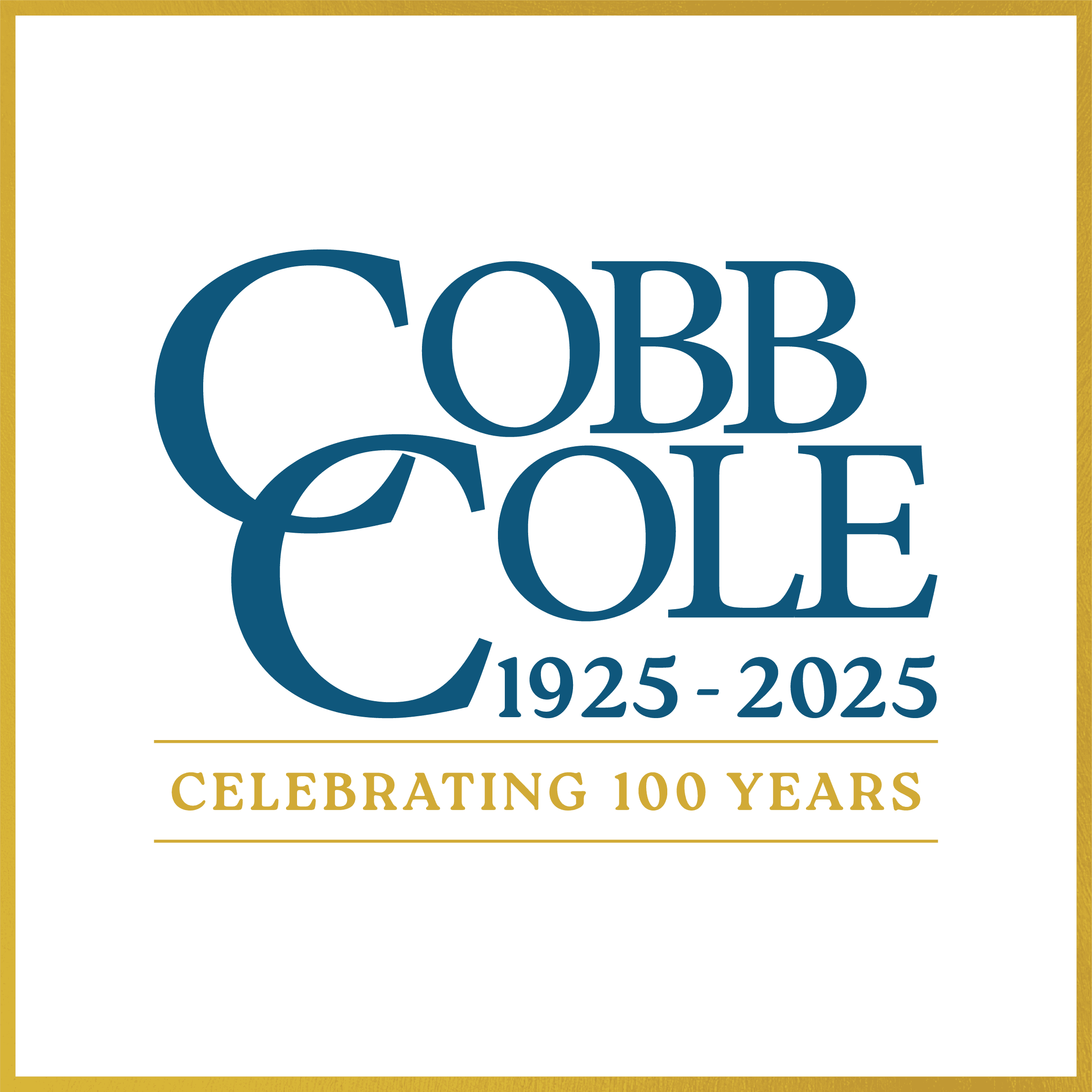Understanding Responsible Development
Responsible development is far more than simply an ethical or regulatory consideration—it is a forward-thinking approach that aligns private investment with long-term community, economic, and environmental benefits. In Florida, where rapid growth and land-use challenges often intersect, responsible development is often a key component in strategic land investments.
At its core, responsible development means balancing:
- Property owners’ financial interests
- Community needs and quality of life
- Environmental conservation and sustainability
- Economic growth and infrastructure expansion
- Cultural and historical preservation
- Future generations’ urban livability
Yet, balancing the interests of other stakeholders does not mean subjugating or sidelining your own interests. For example, development that takes community interests into account can enhance brand and reputation, increase property values, and create powerful consensus and buy-in that redounds to a project’s long-term success and profitability.
The Role of Stakeholder Engagement
Successful development projects recognize the interconnection of stakeholder interests. By considering multiple perspectives, developers can create projects that generate community goodwill and economic value while minimizing conflicts and delays.
Key stakeholder groups include:
- Local Communities – Concerned with preserving neighborhood character, protecting cultural landmarks, and maintaining a high quality of life.
- Environmental Advocates – Focused on sustainability, resource conservation, and protecting natural habitats.
- Business and Economic Interests – Seeking job creation, infrastructure improvements, and long-term economic stability.
- Future Generations – Impacted by today’s decisions on urban growth, housing affordability, and environmental resilience.
Balancing these interests does not mean sacrificing a developer’s objectives. Instead, it involves identifying points of intersection where shared value can be created for all parties. This, in turn, has a reinforcing effect, as there is arguably no more powerful catalyst to a project’s success than a dedicated community’s support.
Common Misconceptions About Responsible Development
Responsible development is sometimes misunderstood as a constraint on business and property owners. In reality, it often enhances long-term profitability and project viability by:
- Reducing regulatory hurdles and community resistance
- Enhancing property values through sustainability and smart design
- Attracting businesses and residents who prioritize well-planned developments
- Minimizing legal and reputational risks
Jessica Gow, a Partner at Cobb Cole, has extensive experience navigating the complex regulatory and permitting processes for land use and development projects. Through her focus on responsible development, she has also cultivated a deep understanding of stakeholder interests and a strong network of contacts within the industry.
Responsible Development as a Long-Term Strategy
Developers who take a responsible approach often find that it aligns with their business goals. A few key strategies include:
1. Early Stakeholder Engagement
- Collaborate with local communities and officials to address concerns early.
- Build relationships that can streamline approvals and project acceptance.
2. Smart Environmental and Infrastructure Planning
- Integrate green building standards and energy-efficient practices.
- Use stormwater management and conservation techniques to reduce environmental impact.
3. Economic and Cultural Synergies
- Foster business partnerships that contribute to local economic growth.
- Incorporate elements that reflect local history and cultural identity.
- Design spaces that accommodate community needs while maximizing property value.
4. Proactive Legal and Regulatory Navigation
- Stay ahead of zoning and land use regulations.
- Work with legal counsel to ensure projects align with state and municipal guidelines.
How Cobb Cole Supports Responsible Development
Cobb Cole’s Land Use group provides strategic legal guidance to help developers navigate Florida’s regulatory landscape while aligning projects with responsible development principles.

